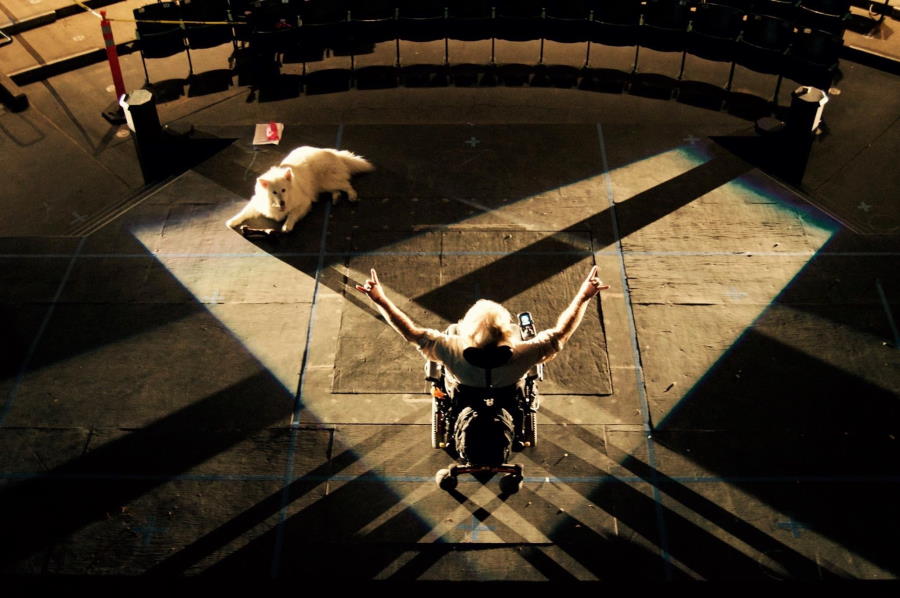Community, Leadership, Experimentation, Diversity, & Education
Pittsburgh Arts, Regional Theatre, New Work, Producing, Copyright, Labor Unions,
New Products, Coping Skills, J-O-Bs...
Theatre industry news, University & School of Drama Announcements, plus occasional course support for
Carnegie Mellon School of Drama Faculty, Staff, Students, and Alumni.
CMU School of Drama
Tuesday, March 30, 2021
Taking ADA From the Page to the Stage
AMERICAN THEATRE: Last year marked the 30th anniversary of the Americans with Disabilities Act, but many who work in the theatre would agree that there is much left to do before even the nation’s largest venues can be called truly accessible. This work has both a long and recent history. In 2018, Katherine Fritz wrote for American Theatre about the need for accessibility policies in American theatre spaces, and in 2010, the National Endowment for the Arts’ Office of Accessibility released a primer on the Department of Justice’s ADA changes at the time of a major update to the legislation.
Subscribe to:
Post Comments (Atom)

1 comment:
This is an absolutely vital article that I think sheds light on the often hidden topic of accessibility in the theatre world. Our industry is extremely ablest and often we hide behind a thinly veiled screen that 'it cannot be done any other way'. In many of these situations, it has more to do with an organization not wanting to fix their issues than modern-day solutions. The article notes how many barriers exist in older theatres that weren't designed to be accessible. In fact, one of the summerstocks I worked at cast Ali Stroker one year, who is now a tony award winning disabled actress. I remember the artistic director talking about transforming the backstage area to be accessible, because it most certainly was not before that. But now? It is back to where it was before, extremely inaccessible. Take our own spaces. I don't think there is a single department that doesn't have accessibility problems. We can all do a better job at recognizing our privilege as we go throughout our days in Purnell, and use that privilege to speak up about these barriers. That also needs to further be extended out into the audience, as the article notes, through other accessibility measures. Finally, I look forward to asking about the OSF's experience working with Michael Maag, a disabled lighting designer, who brings up their spaces and challenges.
Post a Comment